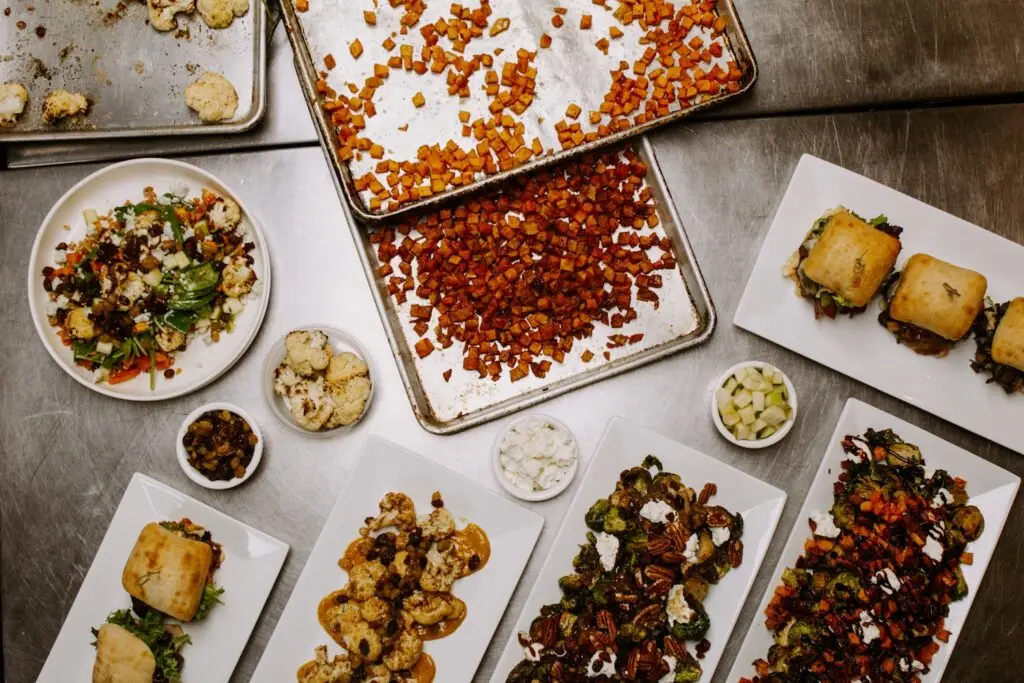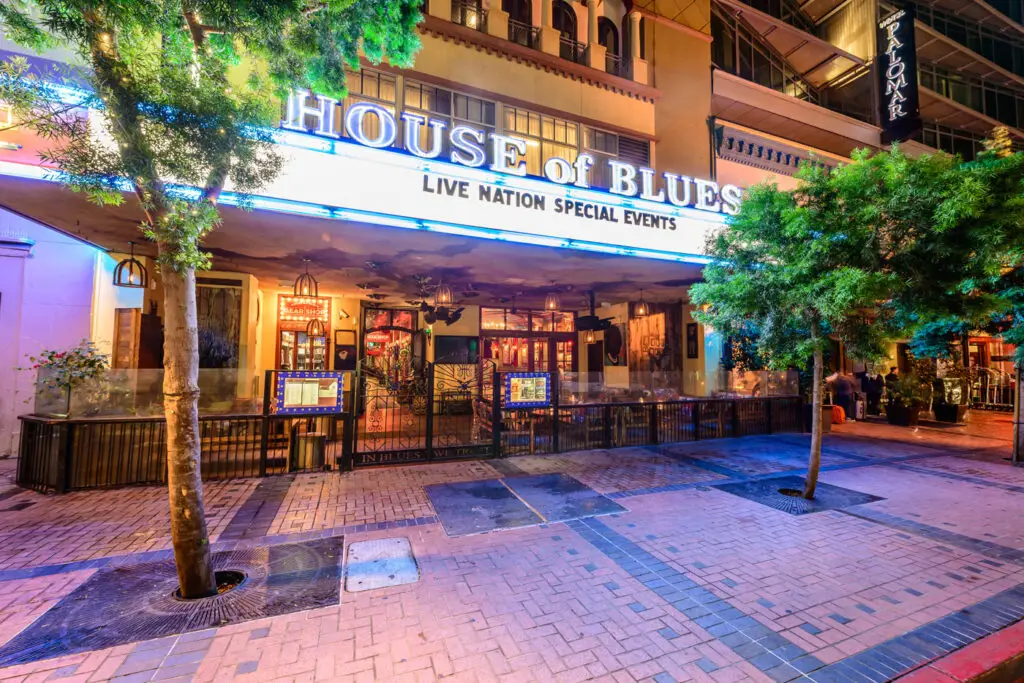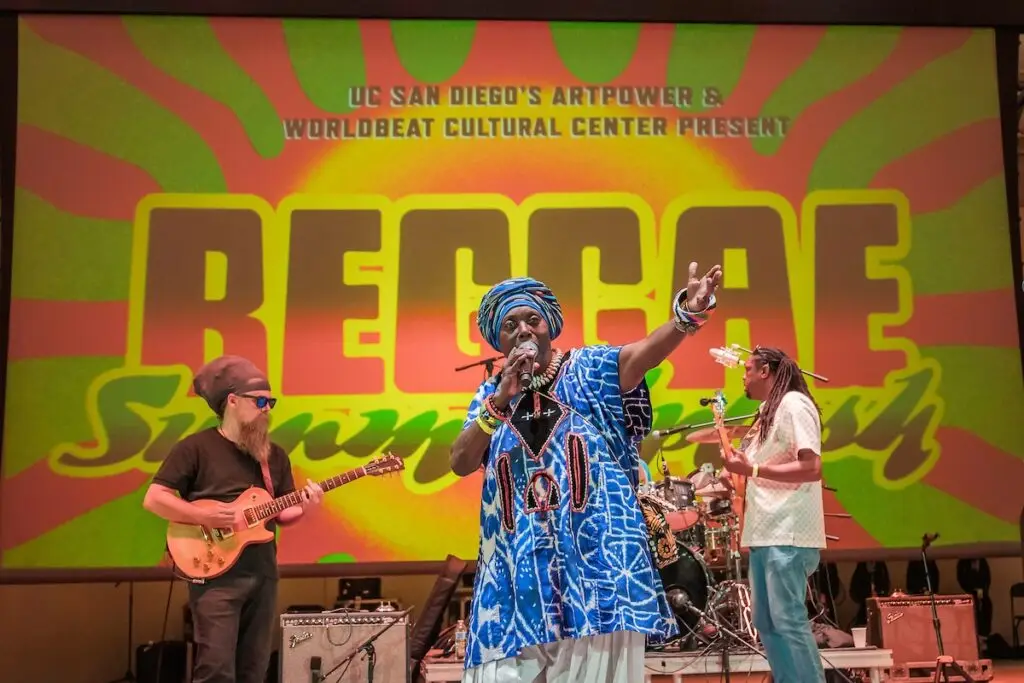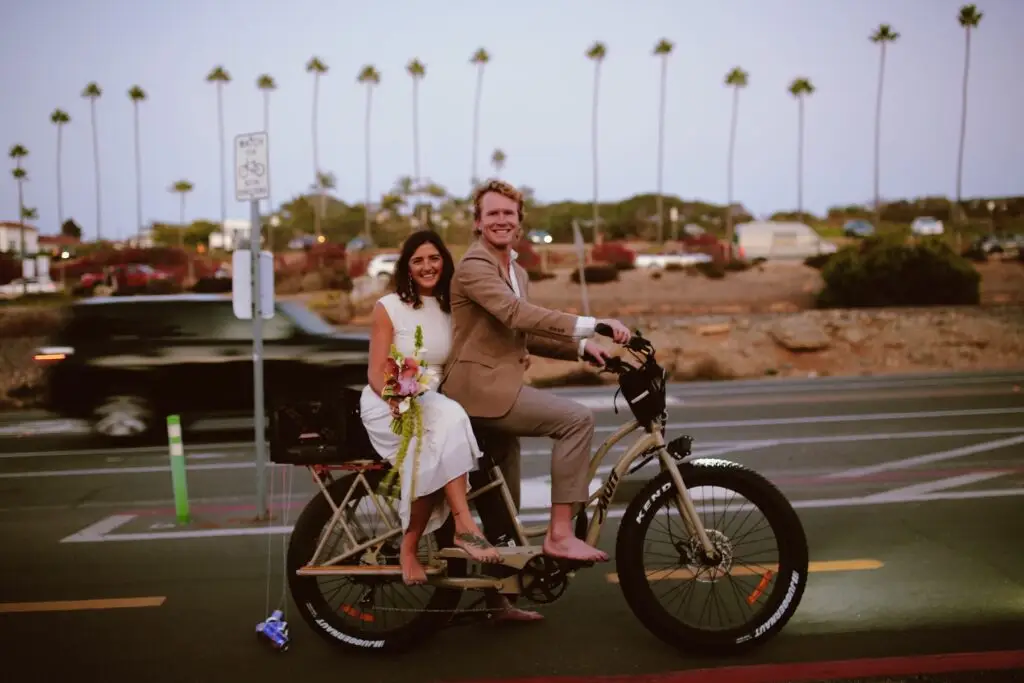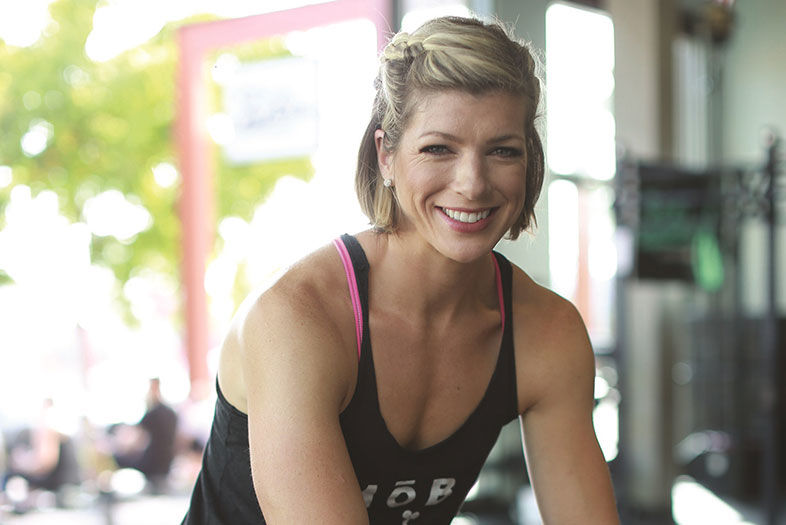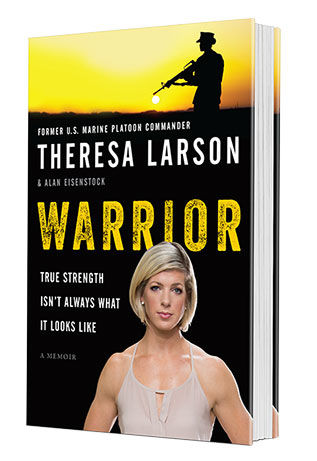
Surviving the Self
You were voluntarily evacuated from combat after seeking help for bulimia, and many people—including some family members—questioned your decision. Why share your story?
It was a major experience that changed my life. Everyone thought I was healthy and happy and fit, and I wasn’t. I put on a good mask. When I started to share, I realized people don’t understand what an eating disorder is, so I felt the need to educate, and show that there is a way out. I chose to make it a very healing story. I want to be a voice for people who don’t have one. If I hadn’t gone through that, I wouldn’t be as empathetic to veterans or others who have these wounds people can’t see. I get that, because my wound was invisible.
Your biggest challenge was asking for help. Why do you think it’s important for people to admit vulnerability and ask for help?
Asking for help is the first stage of healing. There’s a “suck it up” mentality in the military and in sports. Asking for help is seen as a weakness. When I was in the Marines, nobody really knew I was functioning at 70 percent. My eating disorder could potentially have affected missions; it was affecting my relationships. And then it got to a point where I thought: “I can’t hurt myself anymore. This is my life. Do I want my life to be like this?”
It got to a point where I thought: ‘I can’t hurt myself anymore. This is my life. Do I want my life to be like this?
How did it feel to put those emotions to paper?
The writing process, telling the stories, writing them with the help of my co-author Alan Eisenstock, was emotional but very cleansing for me. My message became more and more clear as we wrote—and now I am so ready to empower others who have the same internal struggles.
What does being a warrior mean to you?
Being a warrior means showing up for yourself every day. I think that could apply to anybody—a mom or someone in the military—who’s asked to put everyone else first. Remember to do something for you every day. Think about how you’re cruel to yourself. Healing starts with saying, “I need some help.” I want people to know they aren’t alone in that battle.
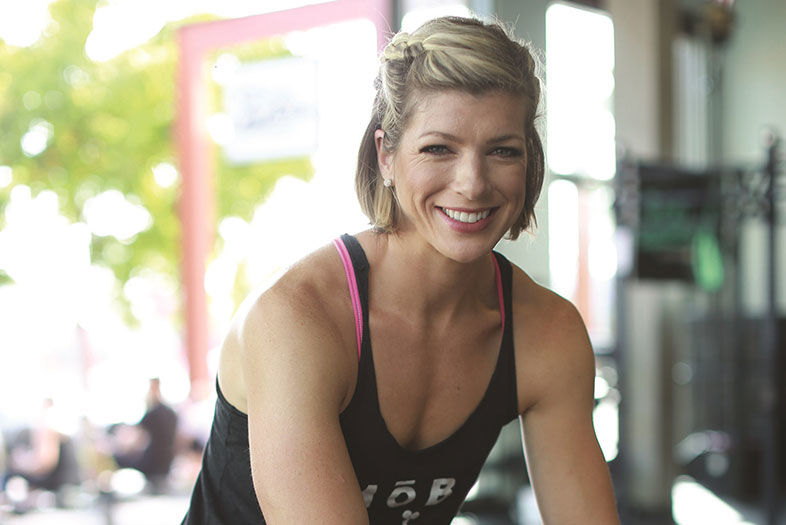
Surviving the Self
PARTNER CONTENT
Dr. Theresa Larson | Photo by Robert Benson

